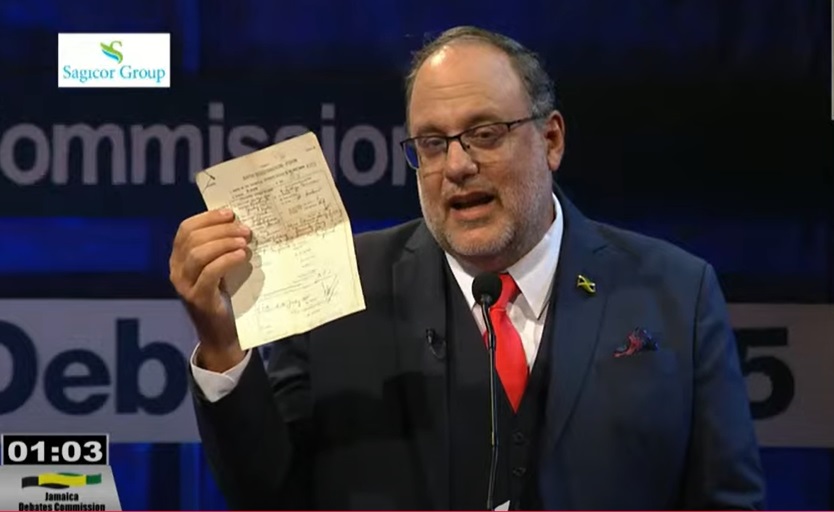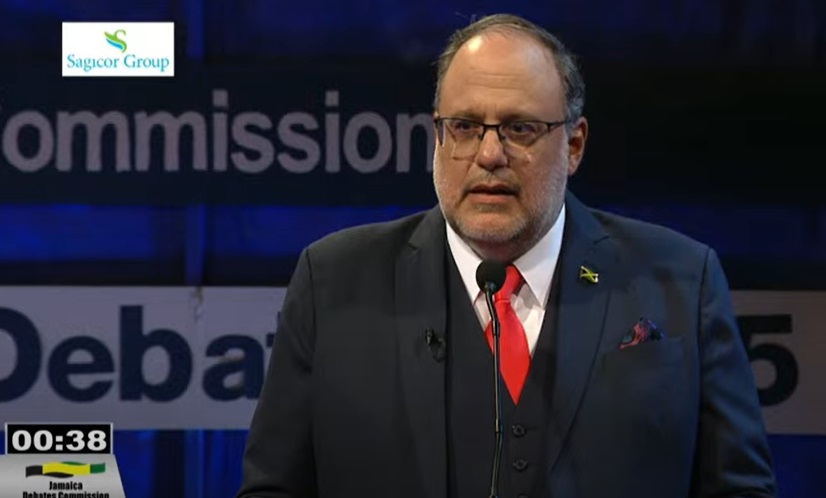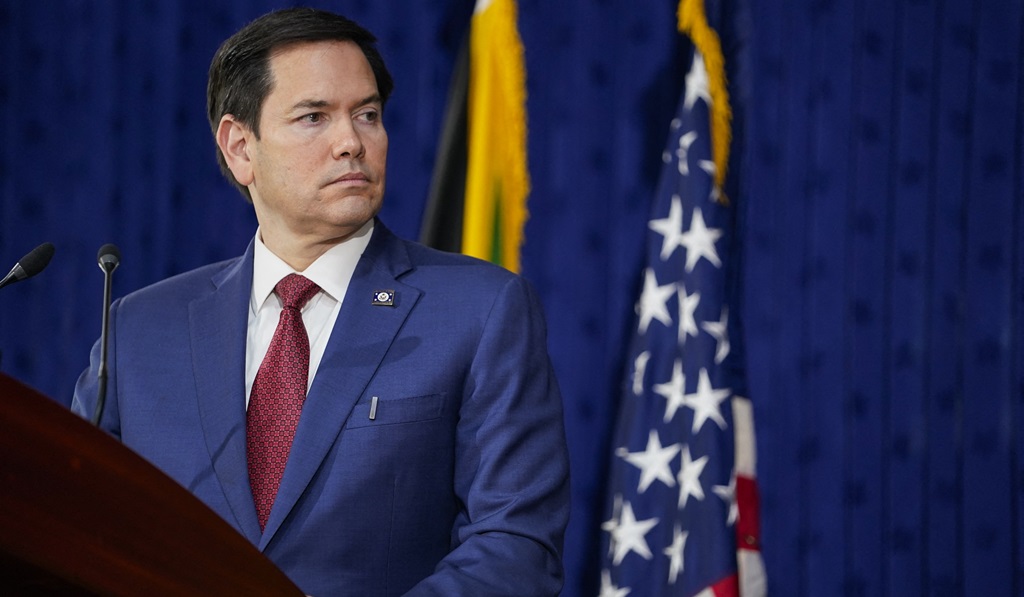WASHINGTON, United States (AFP)-An approaching US deadline to end tariff exemptions on small parcels has tripped up global deliveries to the world’s biggest economy, with businesses halting shipments to American consumers and mulling price hikes.
Come Friday, US President Donald Trump’s administration is abolishing a rule that allows packages valued at $800 or below to enter the country duty-free.
But the monthlong lead time he provided to implement the change has sparked a frenzy.
Postal services, including in France, Germany, Italy, India, Australia and Japan, earlier announced that most US-bound packages would no longer be accepted.
The UK’s Royal Mail, which took a similar step, announced Thursday new services for customers to continue sending goods to the United States.
On Tuesday, the United Nations’ Universal Postal Union said 25 member countries’ postal operators had suspended outbound postal services to the country.
UK retailer Liz Nieburg told AFP she had stopped shipping products to US customers while the Royal Mail worked out a system to honor the changes.
She told AFP that some American customers of her online business SocksFox — which sells socks, underwear and sleepwear — tried to place orders ahead of time to avoid additional costs.
But this is risky, given a likely rush of goods entering the United States as other buyers do the same, meaning that products might come up against tariffs anyway.
US buyers form about 20 percent of her sales, and she sees little choice but to hike prices if new duties are here to stay: “Our margins are too tight to be able to absorb that.”
The Trump administration has imposed tariffs in rapid succession this year.
But Cornell Professor Li Chen warned that it takes time for postal services to establish systems for duty collection, to close the so-called “de minimis” exemption for small parcels.
“It’s not like there’s a switch you can turn on and turn off,” he said.
– Delays, cost hikes –
“On the consumer side, there will be potential delays, because now all the parcels have to clear customs,” Chen added. Prices may also rise if businesses pass on the tariffs.
“The impact on small businesses probably will be much greater,” he said. Larger companies tend to be more diversified and can absorb the shock.
These include businesses like Chinese-founded consumer platforms Shein and Temu, for example, which were hit when Washington ended the exemption for Chinese products this year. They might have to raise costs, Chen said, but they are not fully dependent on US consumers.
Online marketplaces like Etsy, where small businesses sell products, could also be impacted.
Elsewhere, Ken Huening, whose California-based business CoverSeal manufactures outdoor protective covers in China and Mexico, has had to eliminate free shipping for customers.
While he had benefited from the duty-free exemption, the hit to China and now Mexico are posing challenges.
“Textile and manufacturing is not available in the US currently,” Huening told AFP.
“It might be in the future, but by that time, we’re all out of business,” he said.










